Breaking Free from the People-Pleasing Trap
This blog draws on insights from Meg Josephson’s book Are You Mad at Me?, which explores how fawning and people-pleasing show up in our relationships. I’ll be sharing some of the key patterns Josephson identifies, along with ways to recognize them in your own life.
Have you ever nodded “yes” while every part of you wanted to say “no”? Maybe you agreed to help a friend when you were already exhausted, or softened your voice just to avoid conflict. You apologized when you did nothing wrong because you thought someone was mad at you. This isn’t just being nice, this is a trauma-based survival strategy called the fawn response.
Most of us are familiar with the classic responses to stress or danger: fight, flight, and freeze. But there is a fourth which is called: fawn response, which is often the least talked-about yet incredibly common response. It’s the instinct to keep the peace at all costs, even if it means losing pieces of yourself.
What is the Fawn Response?
Psychotherapist and author Meg Josephson describes it this way:
“Fawning is unconsciously moving toward, instead of away from, threatening relationships and situations.” Our brains can’t always tell the difference between real danger and a perceived threat. Something as small as a delayed reply or a sharp tone can trigger the same alarm bells as an actual conflict. In those moments, your nervous system may slip into fawning: over-apologizing, people-pleasing, or rushing to smooth things over just to feel safe or to avoid rejection.
For many, this began in childhood as a brilliant survival strategy. When conflict or big emotions felt unsafe, being the “easy” or agreeable one offered protection. The problem? What kept you safe then can keep you stuck now. We lose connection with our own wants and needs in the name of survival.
The Many Faces of Fawning
Over the years, I’ve seen fawning appear in a variety of patterns for my clients. These roles can shape how we interact with others, often keeping us stuck in cycles of people-pleasing and ongoing self-sacrifice. Recognizing them is the first step toward understanding why we act the way we do and how we might start responding differently. Josephson identifies several roles we might unconsciously step into:
The Peacekeeper: Avoids conflict at all costs, even when it means silencing your truth.
The Performer: Believes love and safety are earned through achievement or entertainment.
The Caretaker: Prioritizes everyone else’s needs while neglecting your own.
The Lone Wolf: Hides personal struggles to avoid burdening others.
The Perfectionist: Convinced only flawless versions of yourself are acceptable.
The Chameleon: Adapts so completely to others’ needs that you lose track of who you are.
Why Modern Life Makes It Worse
Social media and constant connectivity act like fuel for fawning. Every notification can feel like a test: Why haven’t they responded? Did I say something wrong? Are they upset? Younger generations especially feel this pressure in a world of read receipts and instant responses. The nervous system becomes hypervigilant, constantly scanning for subtle signs of rejection or disapproval.
Small Shifts That Rewire the Response
Your nervous system is adaptable. With practice, you can challenge old patterns in gentle ways:
The Two-Minute Rule: Pause before responding to requests. Notice what your body is saying.
The “I’ll Get Back to You” Phrase: Create space before agreeing to anything.
The Energy Inventory: Ask, If I say yes to this, what am I saying no to?
The Feelings Detective: When others are upset, get curious instead of immediately fixing.
The Deeper Work
Tools and tips are helpful, but lasting change often comes from looking at the roots:
What did safety look like in your earliest relationships?
When did you first learn that your needs were less important?
What would it feel like to trust that good people will still love you when you set boundaries?
Fawning and people-pleasing started as survival tactics, ways to stay safe when you feared losing connection or approval. Whether these patterns began in childhood, your teenage years, or adulthood, they are valid. Recognizing them isn’t about blame; it’s about understanding how your nervous system learned to protect you. The good news is these cycles can be broken. Each time you pause, set a boundary, or consider your own needs, you reclaim a piece of yourself. Remember: the right people will love you exactly as you are.
If you're struggling with people-pleasing patterns that feel overwhelming or rooted in past trauma, consider reaching out to a mental health professional. There’s no shame in seeking support to untangle patterns that were wired for survival. You deserve support in reclaiming your authentic voice. Click here if you would like to get connected with one of our therapists today.
Resources:
Burchfield, R. (2025, August 4). What is the fawn response and how does it show up at home and in the workplace? Meg Josephson’s new book 'Are You Mad at Me?' explains. Forbes. https://www.forbes.com/sites/rachelburchfield/2025/08/04/what-is-the-fawn-response-and-how-does-it-show-up-at-home-and-in-the-workplace-meg-josephsons-new-book-are-you-mad-at-me-explains/
Josephson, M. (2025, August 5). The freedom of boundaries. Substack. https://megjosephson.substack.com/p/the-freedom-of-boundaries
Josephson, M. (2025). Are you mad at me? How to stop focusing on what others think and start living for you. Gallery Books.https://www.amazon.com/Are-You-Mad-Me-Focusing/dp/1668082462
